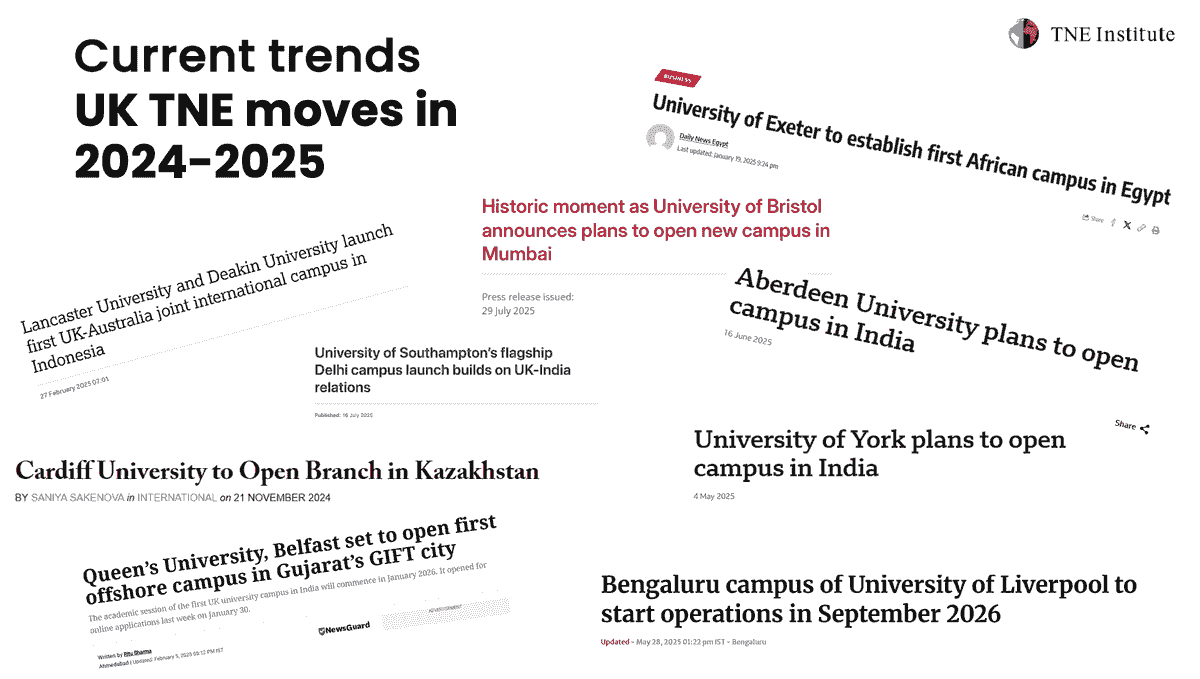


Level 7 Qualification
We are proud to be the first Level 7 Certificate Qualification (PG Cert) dedicated to Transnational Education

What are the common challenges of TNE delivery?
- Cross-border TNE partnerships often operate with limited collaboration
- Inefficient staffing and resource sharing, restricted by internal processes, lack of motivation
- Delivering TNE at high costs without achieving quality outcomes
- Difficulty recruiting qualified staff for overseas assignments
- High staff turnover in both the UK and partner institutions
- Inconsistent teaching quality across partner institutions
- Lack of insight into the true voice of staff, students, and parents
- Unhappy and demoralised staff without clear channels to voice concerns
- Insufficient support for staff and students
- Attempting to “muddle through” leads to long-term risks
Who is this course for?
The Level 7 TNE programmes and micro-credential courses are designed for professionals who want to build practical, strategic, and operational expertise in transnational education.
Potential audience:
• University academic and professional services staff
• International office, partnerships, and TNE teams
• Programme leaders and course coordinators
• Quality assurance and academic governance staff
• Recruitment, admissions, and marketing professionals
• Staff working in overseas partner institutions
• Education consultants and agents
• Professionals aspiring to move into TNE rolesOur Programmes
Empower staff are about to offer the relevant support opportunities
download the brochure
Why Attend the Level 7 Course in TNE?
Individually or institutionally
Benefits of Attending the Level 7 Course in TNE
- Gain practical, real-world insights from experienced TNE practitioners and senior leaders
- Develop a holistic understanding of TNE across operations, teaching and learning, quality assurance, governance, and student support
- Improve operational efficiency and streamline TNE processes
- Identify opportunities to reduce costs and improve value for money
- Build confidence to navigate multiple education systems, management structures, and cultural contexts
- Strengthen local capability where access to UK-based support is limited
- Support staff recruitment, retention, and professional development at TNE host institutions
- Bridge the gap between academic and professional services perspectives
- Join a supportive community focused on sharing best practice and continuous improvement
Contact Us
The TNE Academy Ltd
Unit A, 82 James Carter Road,
Mildenhall, UK
IP28 7DE
info@
TNE Institute is managed by The TNE Academy Ltd, company number 16647669










